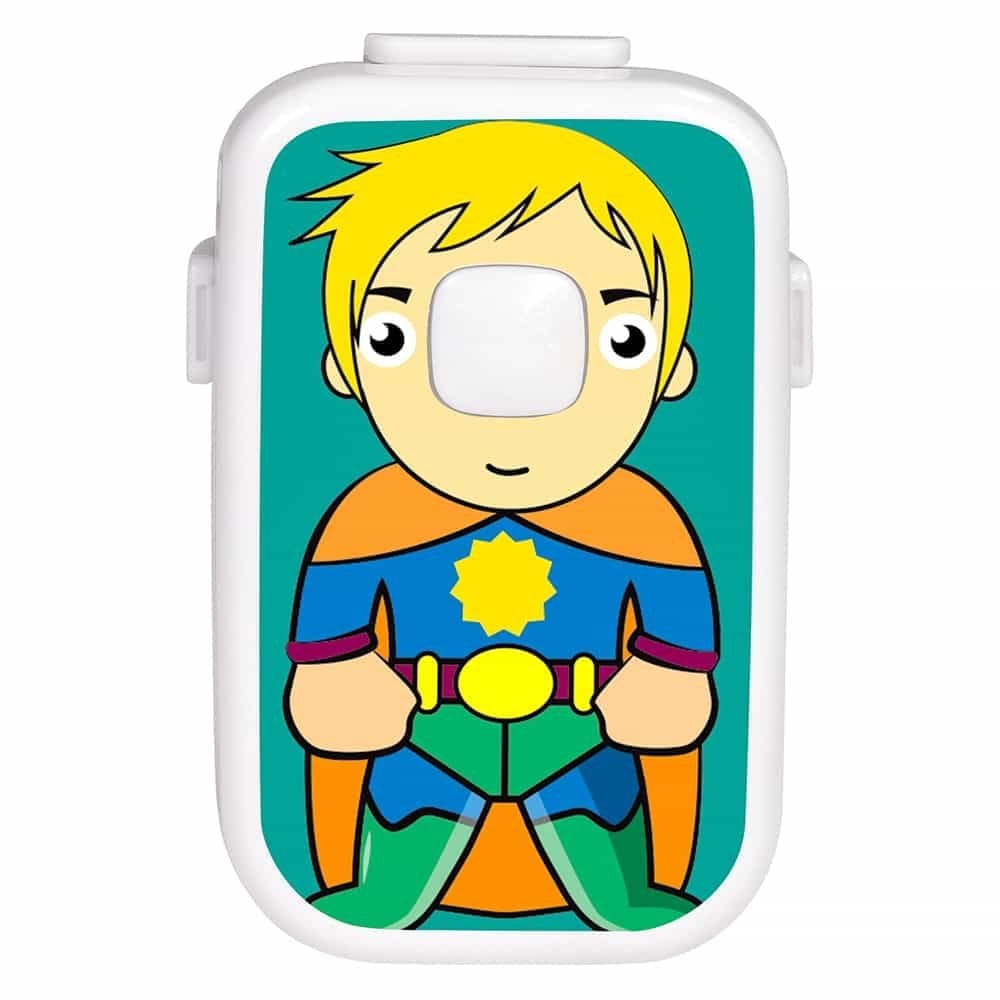Kapiti has actually ended up being a growing center for a service that declares to have "world-first" cordless technology for stopping bed wetting.
Anzacare in Waikanae, north of Wellington, established the world's first two-piece wireless bed wetting alarm.
The company offers about 12,000 a year, with Germany and Australia the two largest consumers.
The alarm has a sensor, placed in the kid's underwear which, when triggered by wetness, sets off an alarm, waking the kid.
The sensor can be linked to two or more alarms as much as 9 metres away, alerting moms and dads and encouraging kids to rise.
The business also produces a wired alarm. The patented sensing units on both alarms are made of conductive plastic which does not rust and is easier to clean than metal.
Anzacare co-owner Karen Radford said the two-piece alarm had advantages over wired and other cordless alarms.
" Some kids are uneasy or deep sleepers, and some kids are naughty and pull the wire out and return to sleep."
The alarms are made in Christchurch.
Radford and co-owner Stephen Sexton, both Waikanae residents, purchased the business 5 years back. At that time two thirds of their sales were for wired alarms. Now, the fact had actually flipped.
The problem was mainly genetic, Radford stated. Kids were 40 percent more likely to damp the bed if one parent did, and 70 percent more likely if both did.
One in 7 kids under five years of ages wet the bed, and one in 12 under 12, she stated.
The awkwardness around bed wetting was encapsulated when Sexton introduced Radford to business, she said.
" He wouldn't inform me what it was. He threw it at me and said 'read this'. I think he was humiliated.
" No-one talks about bed wetting. Moms and dads think they're to blame for their kids moistening the bed.
" It's really difficult for kids. They believe there's something wrong with them, that they're not up to the mark."
The alarms conditioned the child to wake up before urinating, and it normally took in between two to12 weeks to fix the problem, Radford stated.
The alarms can likewise be sold for senior bed wetters, however to notify caregivers, not fix the problem.
How do bed Bedwetting Alarms work?Stop Bedwetting
The alarms are a method of classical conditioning, investigated by Russian physiologist Ivan Pavlov when he took a look at food digestion in pets.When Pavlov fed the pet dogs, he would call a bell, and the canines would pertain to the food, drooling. He found they would do the exact same if the bell was rung, even without food present.
In the very same method, children find out to associate the alarm with bed wetting.
In time, the stimulus of a full bladder becomes as effective as the alarm, conditioning the kid to wake up to it.

Post a Comment